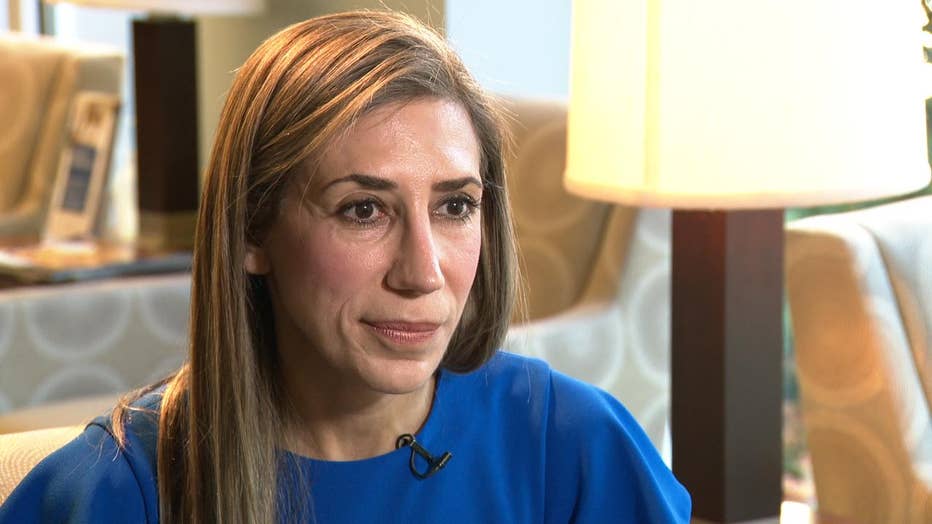Want to lose weight? Cut back on the hours you're eating
Time-restricted eating
The FOX Medical Team's Beth Galvin talks about time-restricted eating for those looking to lose weight in 2020.
ATLANTA - When it comes to weight loss, when you're eating may be just as important as what you're eating.
Emory internist Dr. Sharon Bergquist says a growing number of people are practicing time-restricted eating.

"They're restricting the time period when they're eating their calories," Dr. Bergquist says. "Some people do it within a 10-hour window. Some people do it within an 8-hour window."
Once their eating window closes, people take a break from eating overnight, fasting anywhere from 14 to 16 hours.
"It's giving your body the chance to really repair itself and rest," Dr. Bergquist explains.
Time-restricted eating is different from intermittent fasting, which often involves going without food on certain days of the week.
Dr. Bergquist says the goal is similar: to give your digestive system, and your whole body, an overnight break.

Emory internist Dr. Sharon Bergquist discusses time-restricted eating.
Just as our brain needs time to sleep and recover, she says, every organ in our body also needs a chance to "sleep."
"It's the time where the body switches into a mode where we start to repair," Bergquist says. "So, we change the genes that are getting expressed. We also change our hormones that are being secreted."
Researchers at the Salk Institute and University of California San Diego School of Medicine found time-restricted eating may be especially helpful for people with metabolic syndrome.
That is the name for a cluster of common health conditions, including high blood pressure, belly fat and elevated blood sugar and high cholesterol and low "good" cholesterol that affects one in three Americans.
Metabolic syndrome can raise a person's risk of stroke and heart attack.
The small, pilot study followed 19 participants diagnosed with metabolic syndrome, who told researchers they spread out their eating over about 14 hours a day.

Cutting back on your eating hours may help you lose weight. (FOX 5 Atlanta)
Researchers say 84% of the volunteers were taking at least one medication to manage conditions such as high blood pressure or elevated cholesterol.
The participants restricted their eating to a 10-hour window each day, but ate about the same amount of calories, for 3 months.
The researchers found the volunteers who practiced time-restricted eating experienced a 3-4% reduction in weight, body mass index, abdominal fat and waist circumference, and their numbers, such as their blood pressure and blood sugar levels, also improved.
Dr. Bergquist says the study findings show time-restricted eating may pay off for people with metabolic syndrome.
"People lose some belly fat, blood pressure goes down, cholesterol goes down," she says. "Their insulin resistance goes down, which leads their blood sugar to go down. So, even without limiting calories, and without exercising, (time-restricted eating) seems to help all these different conditions."
If you're interested in trying time-restricted eating, Dr. Bergquist says, try shifting your eating schedule.
"You can either start your first meal, breakfast, to later in the day or push up your dinner to earlier in the evening," she says. "So, your window of eating is reduced down to 10 hours. Some people try 8 hours, which is stricter and harder. I think, as a goal, 10 hours is a very reasonable timeframe."

